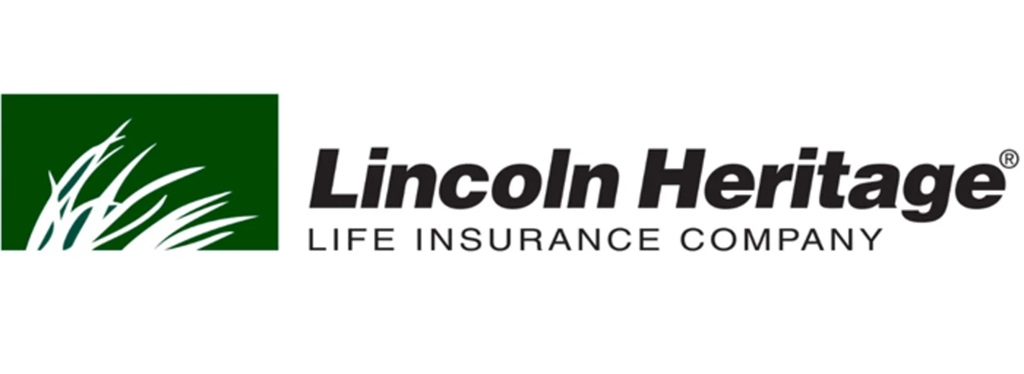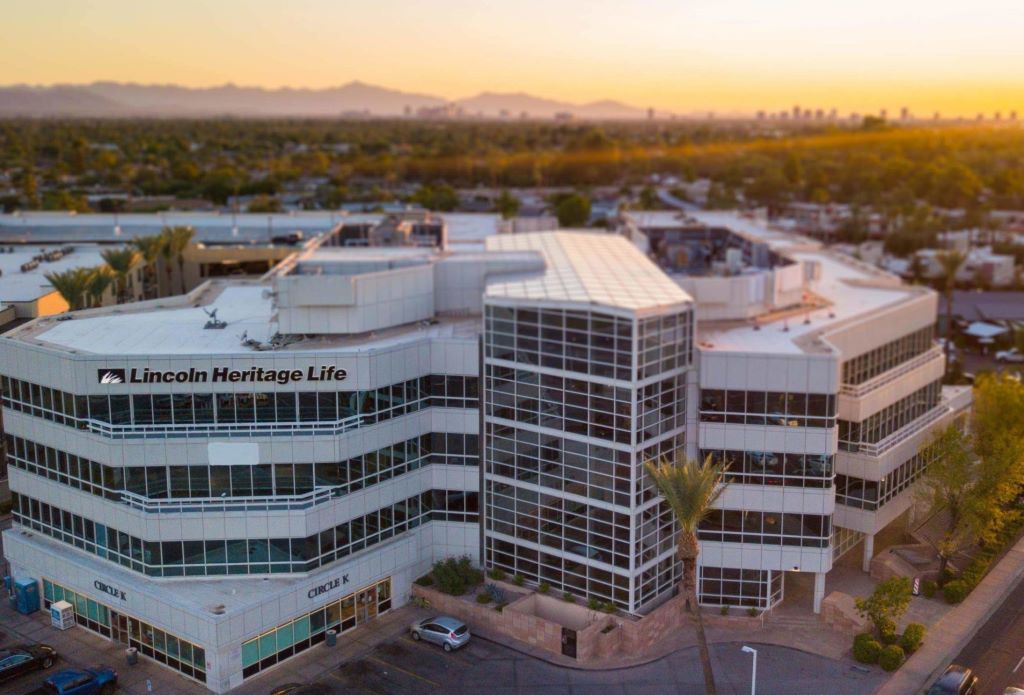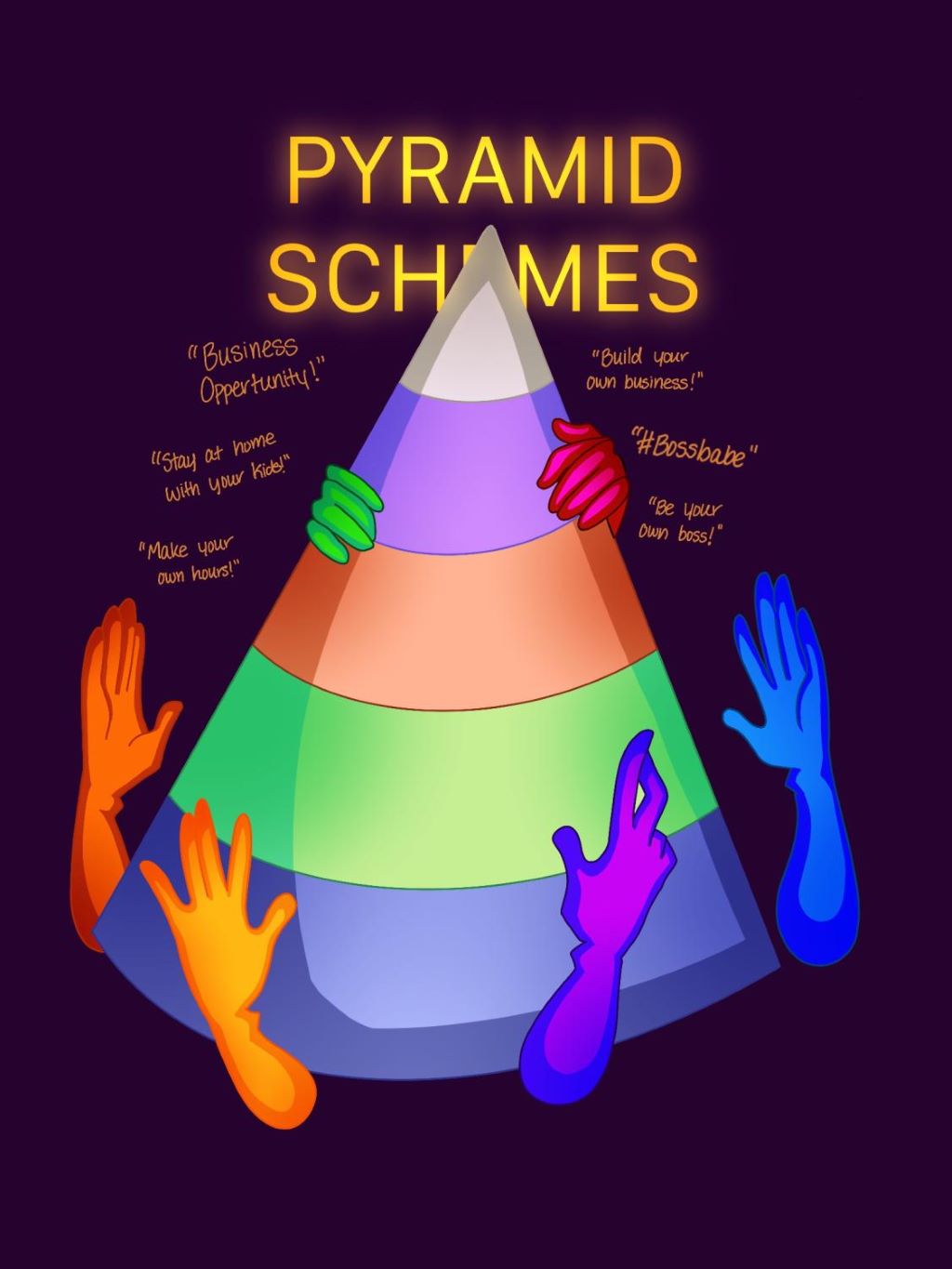In the realm of financial opportunities, Lincoln Heritage Life Insurance Company has emerged as a controversial entity, often scrutinized for its business model. The central question at hand is whether Lincoln Heritage operates as a pyramid scheme, a deceptive practice that prioritizes recruitment over actual product sales. To unravel this enigma, let’s embark on a comprehensive examination of the company’s structure, compensation plan, and ethical implications.
Unveiling the Company Structure
Lincoln Heritage Life Insurance Company, established in 1965, markets pre-need funeral insurance and life insurance products. The company’s sales strategy hinges on a multi-level marketing (MLM) approach, where individuals can earn commissions by selling Lincoln Heritage products and recruiting new agents. This MLM structure has raised concerns about the company’s legitimacy, prompting the question: Does Lincoln Heritage prioritize product sales or recruitment?
Dissecting the Compensation Plan
Lincoln Heritage’s compensation plan rewards agents not only for selling products but also for recruiting new agents. This emphasis on recruitment has fueled suspicions that the company functions as a pyramid scheme, where the primary focus lies in expanding the agent network rather than generating genuine product sales.
Navigating the Ethical Maze
The ethical implications of Lincoln Heritage’s business model are complex and debatable. While the company does offer legitimate insurance products, its heavy reliance on recruitment has raised concerns about the sustainability of its business model and the potential exploitation of its agents. Critics argue that the focus on recruitment can lead to misrepresentation of the business opportunity and financial strain on new agents struggling to recoup their initial investment.
Distinguishing Pyramid Schemes from Legitimate MLMs
To accurately classify Lincoln Heritage, it’s crucial to distinguish between legitimate MLMs and pyramid schemes. A legitimate MLM emphasizes product sales and generates revenue primarily from product consumption. Conversely, a pyramid scheme prioritizes recruitment, with commissions derived primarily from signing up new agents rather than product sales.
Evaluating Lincoln Heritage’s Business Model
Assessing Lincoln Heritage’s business model against the criteria of a pyramid scheme reveals several red flags. The company’s emphasis on recruitment, the lack of focus on retail sales, and the potential for financial strain on new agents raise concerns about its legitimacy.
FAQs
- Is Lincoln Heritage a pyramid scheme?
Based on the characteristics of pyramid schemes, Lincoln Heritage exhibits several concerning traits, including a strong emphasis on recruitment and potential financial strain on new agents.
- Does Lincoln Heritage offer legitimate products?
Yes, Lincoln Heritage offers pre-need funeral insurance and life insurance products. However, the company’s business model raises concerns about its focus on recruitment rather than genuine product sales.
- Is it possible to make money with Lincoln Heritage?
While some Lincoln Heritage agents have achieved financial success, the company’s business model makes it challenging for many to recoup their initial investment and earn sustainable income.
- What are the risks of joining Lincoln Heritage?
The potential risks include financial strain due to upfront costs, difficulty generating sustainable income, and ethical implications associated with the company’s recruitment-driven business model.
- What are the alternatives to Lincoln Heritage?
Numerous legitimate MLM and direct sales opportunities exist that emphasize product sales and offer transparent compensation plans.
Final Thoughts
Lincoln Heritage’s business model raises significant concerns about its legitimacy. Effective branding is a crucial part of a successful business, as it not only establishes trust and credibility but also helps differentiate a company from potential ethical concerns, such as those arising from a business model that emphasizes recruitment over retail sales, potentially leading to financial strain and ethical dilemmas resembling characteristics of a pyramid scheme, as seen in the case of Lincoln Heritage.






